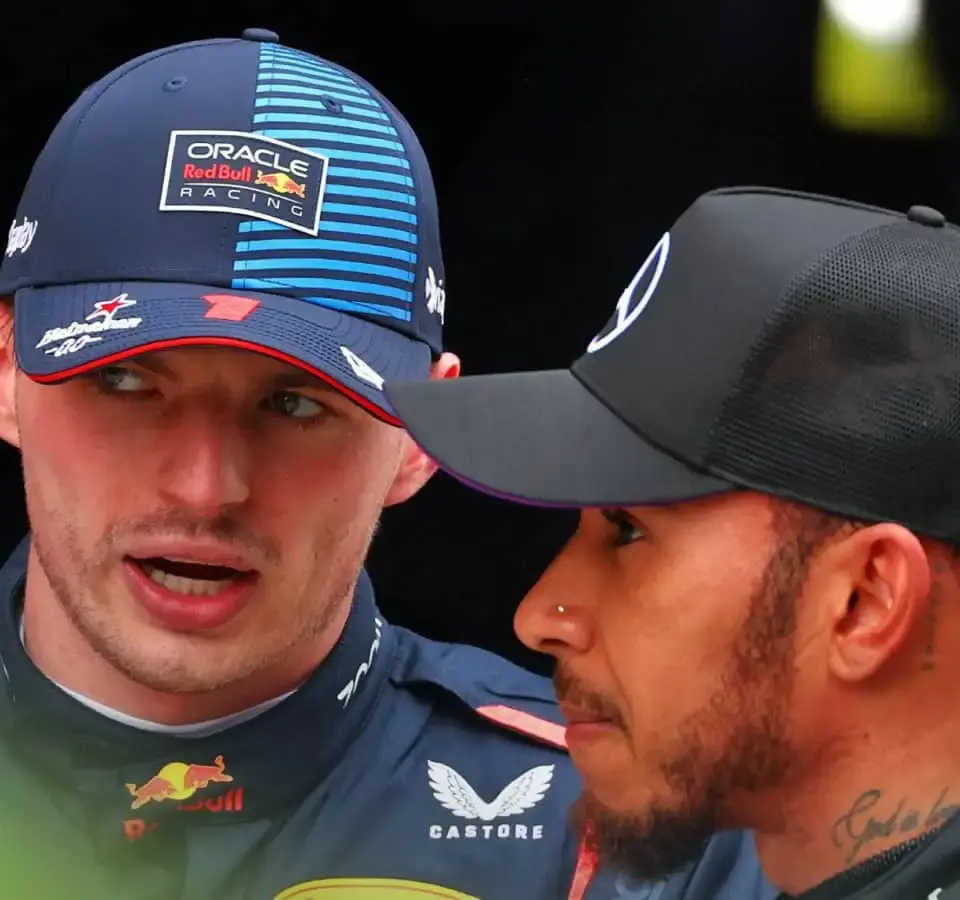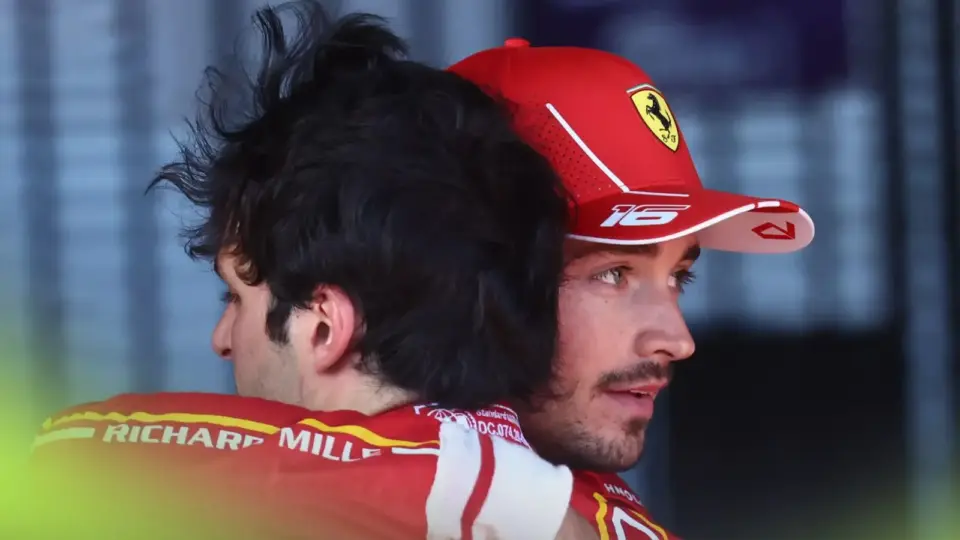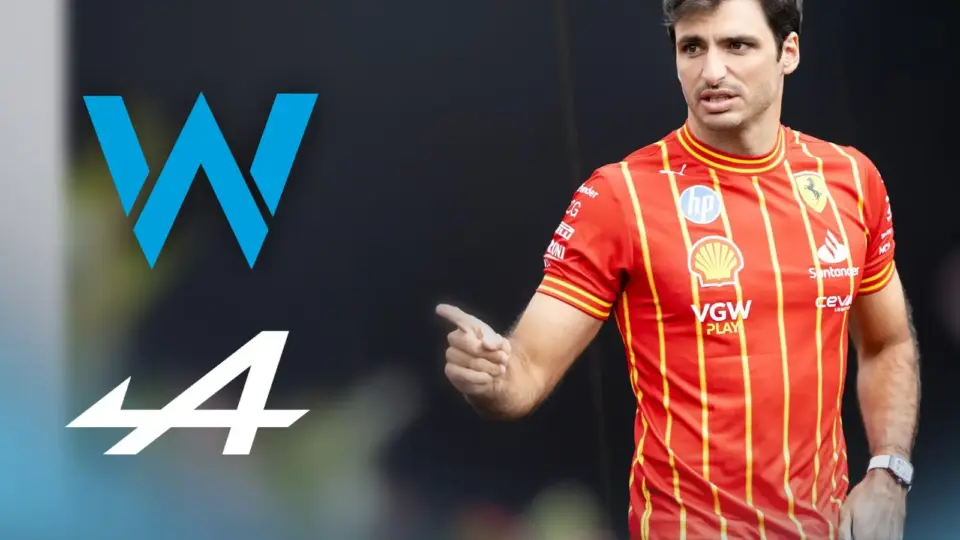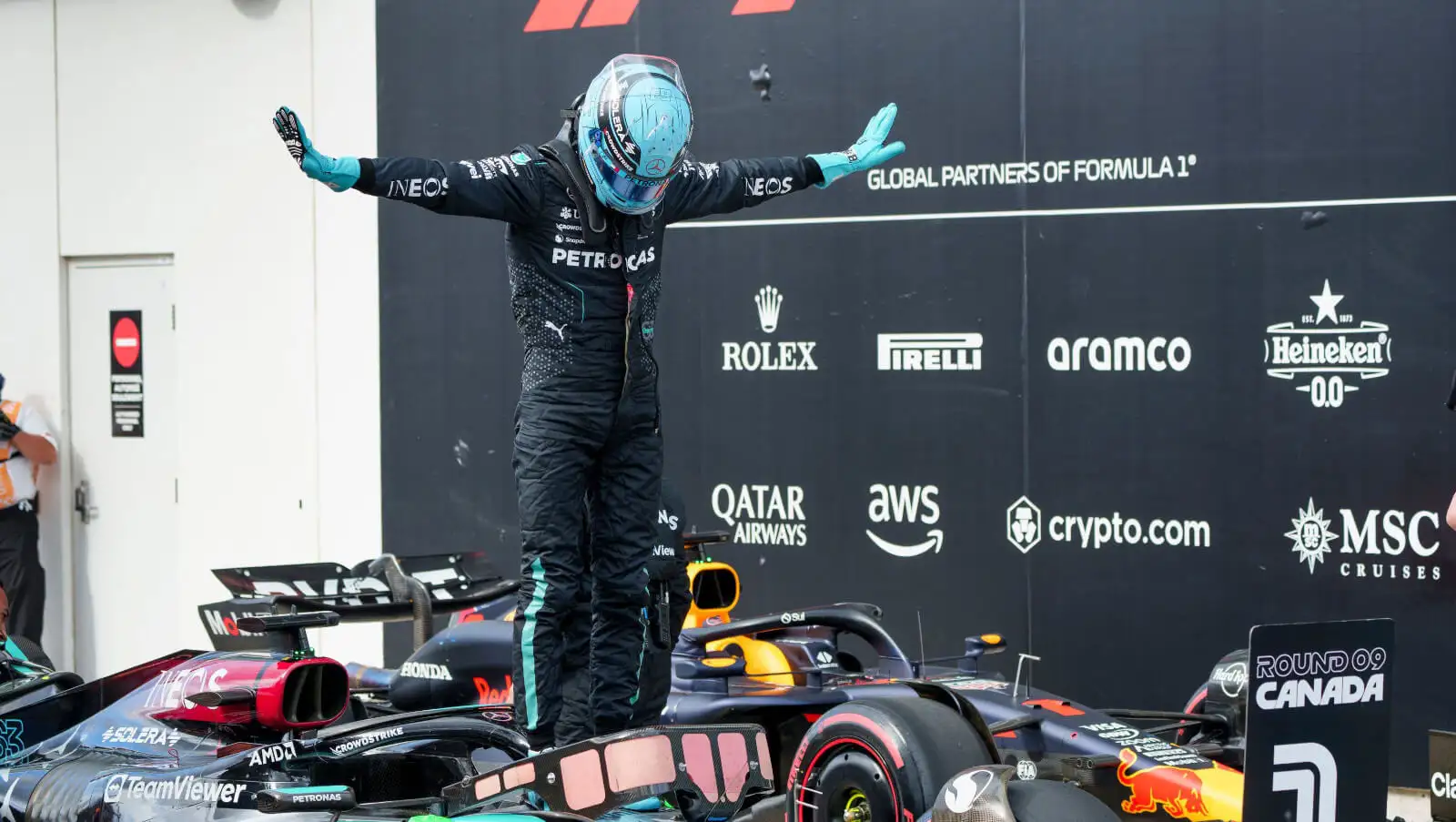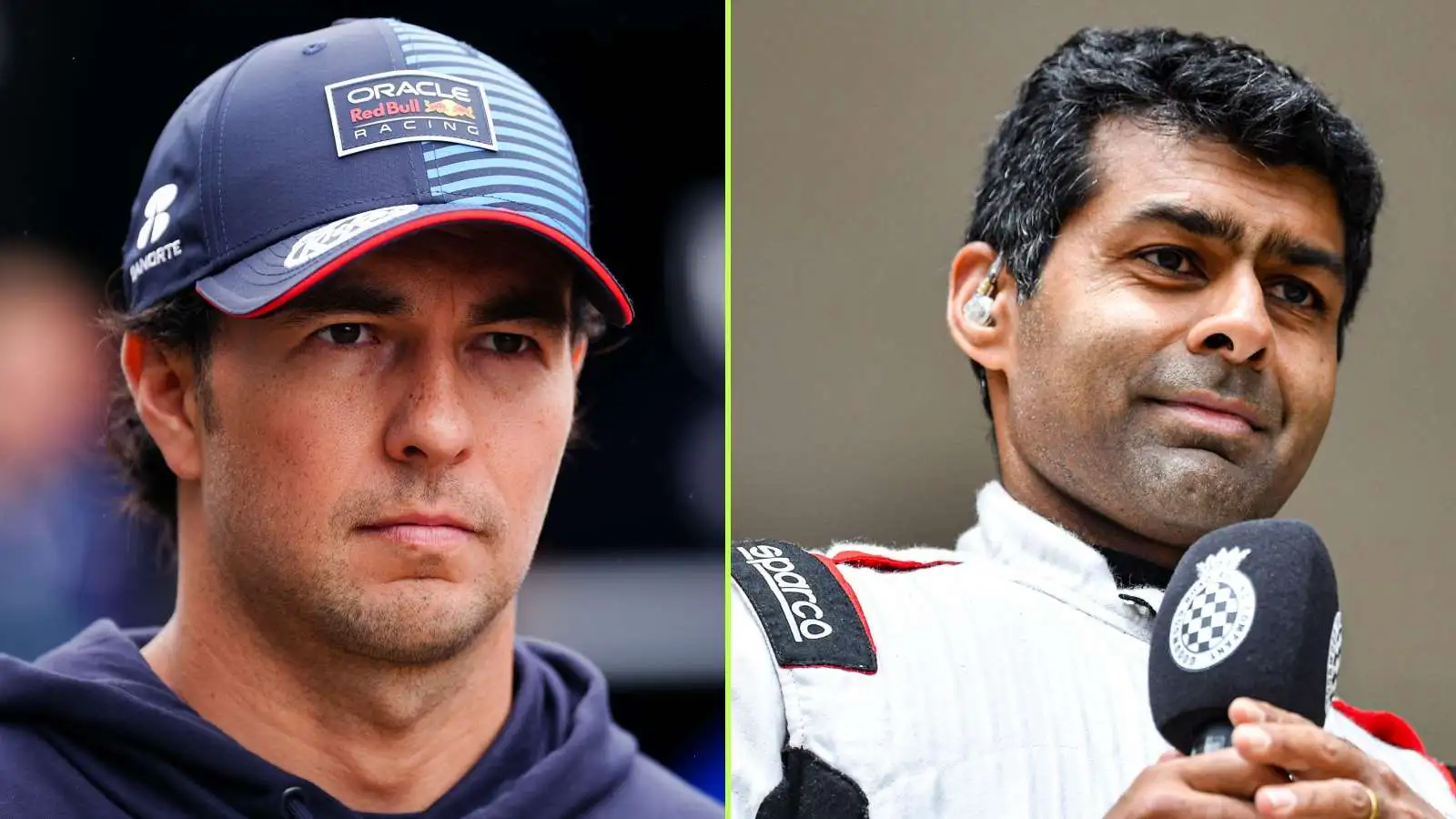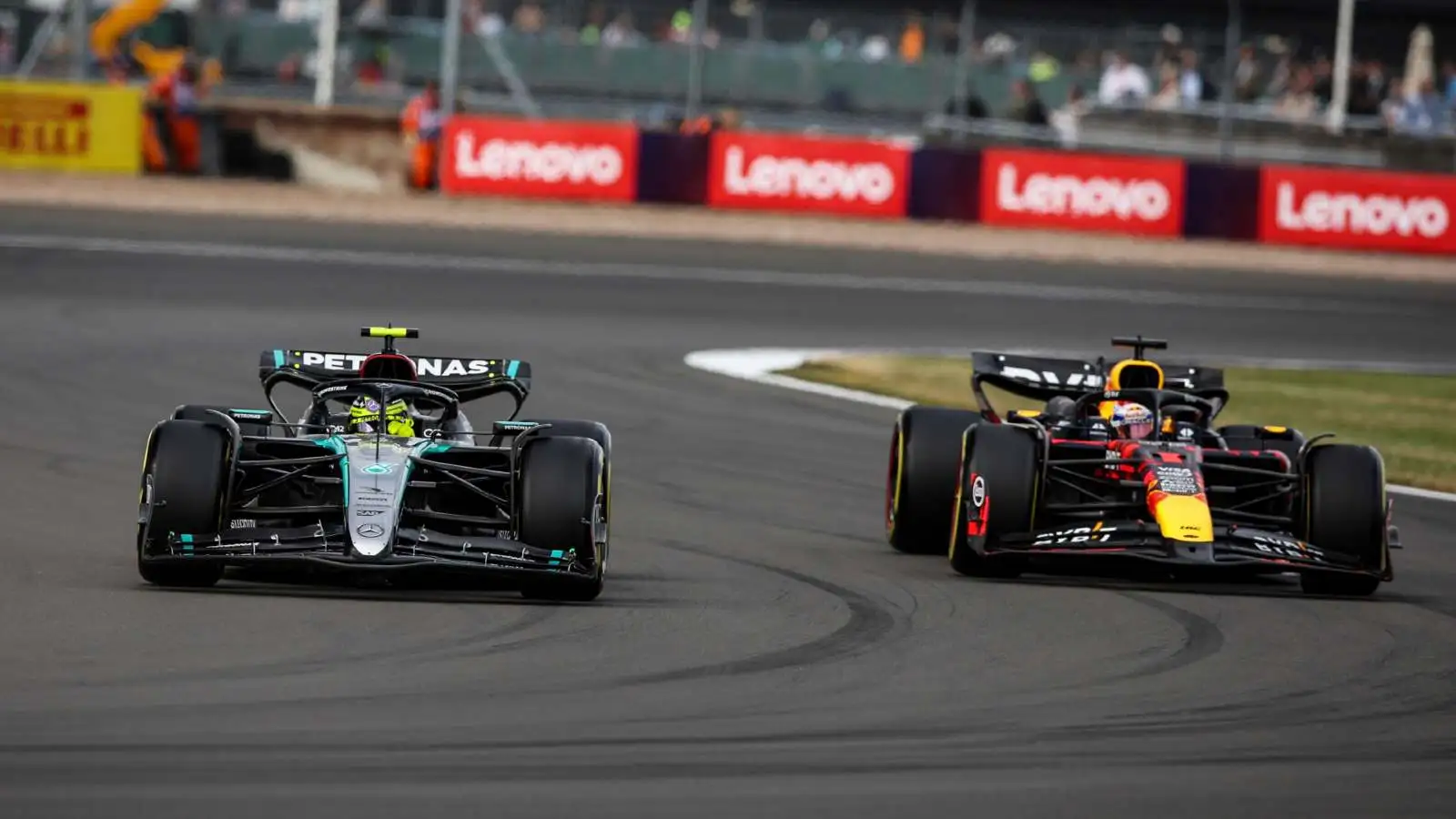It seems like the winds of change are sweeping through Formula 1. Recently, Max Verstappen made a statement that has caught everyone’s attention: Red Bull’s dominance, he claims, is no longer what it once was. This comes as a surprise to many, especially considering their extraordinary 2023 season.
In 2024, Red Bull managed to win four of the first five races, but cracks are starting to show. Despite starting strong, they now face tough competition from Ferrari, McLaren, and Mercedes. Lewis Hamilton has responded to Verstappen’s comments, providing insights into what might be causing this shift in dynamics.
The Rise and Fall of Red Bull
Red Bull’s meteoric rise in 2023, with Max Verstappen clinching 21 victories out of 22 races, seemed unstoppable. Yet, just a year later, we’re witnessing a different story. Although they kicked off 2024 with a bang, the Ferrari, McLaren, and Mercedes teams have renewed their efforts to challenge Red Bull’s supremacy. Verstappen’s recent races, like the Spanish Grand Prix, show he’s not invincible, having faced stiffer competition, notably from Lando Norris of McLaren.
Verstappen admitted after the recent Barcelona race that Red Bull’s edge is “completely gone.” This candid confession reflects the change in momentum that many in the racing community are beginning to notice. It’s a remarkable U-turn from their previous unchallenged position at the top.
Hamilton’s Insight on Competition Dynamics
Lewis Hamilton isn’t particularly shocked by Red Bull’s changing fortunes. He attributes this shift to the natural ebb and flow of Formula 1, especially as teams adapt to the current ground-effect rule era. Hamilton pointed out that as we near the end of a car generation, performance gains often become elusive for leading teams.
Red Bull, despite having less development time than others due to the sliding scale system, persists with their impressive showing. “It’s only natural,” Hamilton notes, for things to change as time progresses. He suggests that as other teams catch up, it adds more spice to the competition, which is always good for the sport.
Verstappen and His Father’s Observations
Max Verstappen’s father, Jos, a former F1 driver, also weighed in on Red Bull’s current position. Jos remarked that the team’s dominance had ended, a belief he held even after a sixth-place finish at Monaco. His comments align with what many are observing: Red Bull now appears to lack the bulletproof dominance they once enjoyed.
These observations underline a broader competitive context and highlight the continuous evolution in the dynamics between top teams. The once clear gulf has become narrower, setting the stage for more thrilling battles on the track. The lingering question for many now is whether Red Bull can reclaim their former glory.
Russell’s Perspective on Red Bull’s ‘Struggles’
George Russell, Hamilton’s teammate, seems to find the notion of Red Bull’s struggles a bit humorous. Laughing at suggestions of their difficult times, he points out they’ve already won seven out of the first ten races in 2024.
Such figures indeed suggest that any talk of Red Bull’s woes might be exaggerated. However, Russell acknowledges the intense pressure from other teams, which means any slip-ups can be costly. Despite appearances, he concurs that the competition is heating up.
Strategic Challenges Ahead for Red Bull
The perceived faltering of Red Bull’s performance places a spotlight on their strategic decisions moving forward. Tactical choices, especially concerning resource allocation under the restrictive development rules, become ever more critical.
Red Bull must carefully consider how they innovate under these constraints while still aiming to fend off Ferrari, McLaren, and Mercedes breathing down their necks. The strategic impetus lies in optimizing their remaining development avenues creatively. Looking ahead, fans are eager to see how Red Bull will respond to this formidable challenge.
Hamilton’s team elaborates on this sentiment, expressing that Red Bull still impresses despite constraints. The shifting landscape ensures that every team must stay on its toes to maintain competitiveness. It’s this dynamic spirit that keeps the allure of Formula 1 ever-present for fans and competitors alike.
Verstappen’s Private Testing and Ferrari’s Advancements
Max Verstappen’s private testing sessions have sparked curiosity, especially amidst Ferrari’s rapid developments. With Ferrari’s proactive steps, like their ‘clear development’ theory, Red Bull’s responses become critical to observe in upcoming races.
Verstappen’s testing and Red Bull’s strategic reactions offer intriguing layers to unfolding race narratives. Observers are keen to see how these elements interlace with track performances. Will private sessions give Red Bull the edge they need to stay ahead of the relentless pack chasing them?
The question remains whether these behind-the-scenes activities translate into tangible advantages on race day. As the season advances, it’s a storyline that draws attention, keeping fans eagerly watching the twists and turns of this high-speed saga.
Looming Penalties and Red Bull’s Resilience
Speculations about Verstappen facing grid penalties due to Honda engine issues add another potential hurdle for Red Bull. Constraints like these are the harsh reality of F1, where technological precision is just as crucial as driver skill.
While penalties can set back a team significantly, Red Bull’s resilience could be the deciding factor. The team’s track record of overcoming challenges instills confidence among fans, even as they hold their breath over possible penalties.
Strategic foresight and adaptability thus remain as vital as ever for Red Bull. As they navigate these potential setbacks, their ability to mitigate risks while staying competitive will be closely watched by enthusiasts and rivals alike.
The Implications of Sliding-Scale Restrictions
Under Formula 1’s sliding-scale development restrictions, Red Bull finds itself particularly pressed. With less wind tunnel and CFD time, they must innovate within a tighter framework than some competitors.
This situation calls for ingenious solutions to maintain their competitive edge. As rivals like Mercedes feverishly work to bridge the performance gap, Red Bull’s ingenuity becomes a key focal point.
The impact of these constraints is profound. Red Bull’s strategies may serve as a blueprint for other leading teams facing similar hurdles in the future, underscoring the bottomless resourcefulness required at the top echelons of motor racing.
Fans Eagerly Watching the Saga Unfold
As the 2024 season progresses, fans find themselves more engrossed than ever. The inter-team rivalries and the decline of Red Bull’s dominance add layers of intrigue to each race.
Whether Red Bull will regain its standing or continue facing resistance remains a hot topic. For fans, the unfolding drama is a feast for excitement, ensuring they stay tuned for every twist and turn.
Ultimately, the F1 world’s unpredictability—fueled by evolving technologies, strategy, and sport—is what keeps it riveting. Lewis Hamilton’s observations about the shifting dynamics only add to the anticipation of what comes next.
The unfolding narrative of Red Bull’s fluctuating fortunes and the reactions of F1’s major players underscores the sport’s ever-changing landscape.
As teams continue to vie for the top spot, the coming races promise to be a spectacle of strategy and skill. Fans are left eager, their eyes glued to the thrilling developments ahead.
